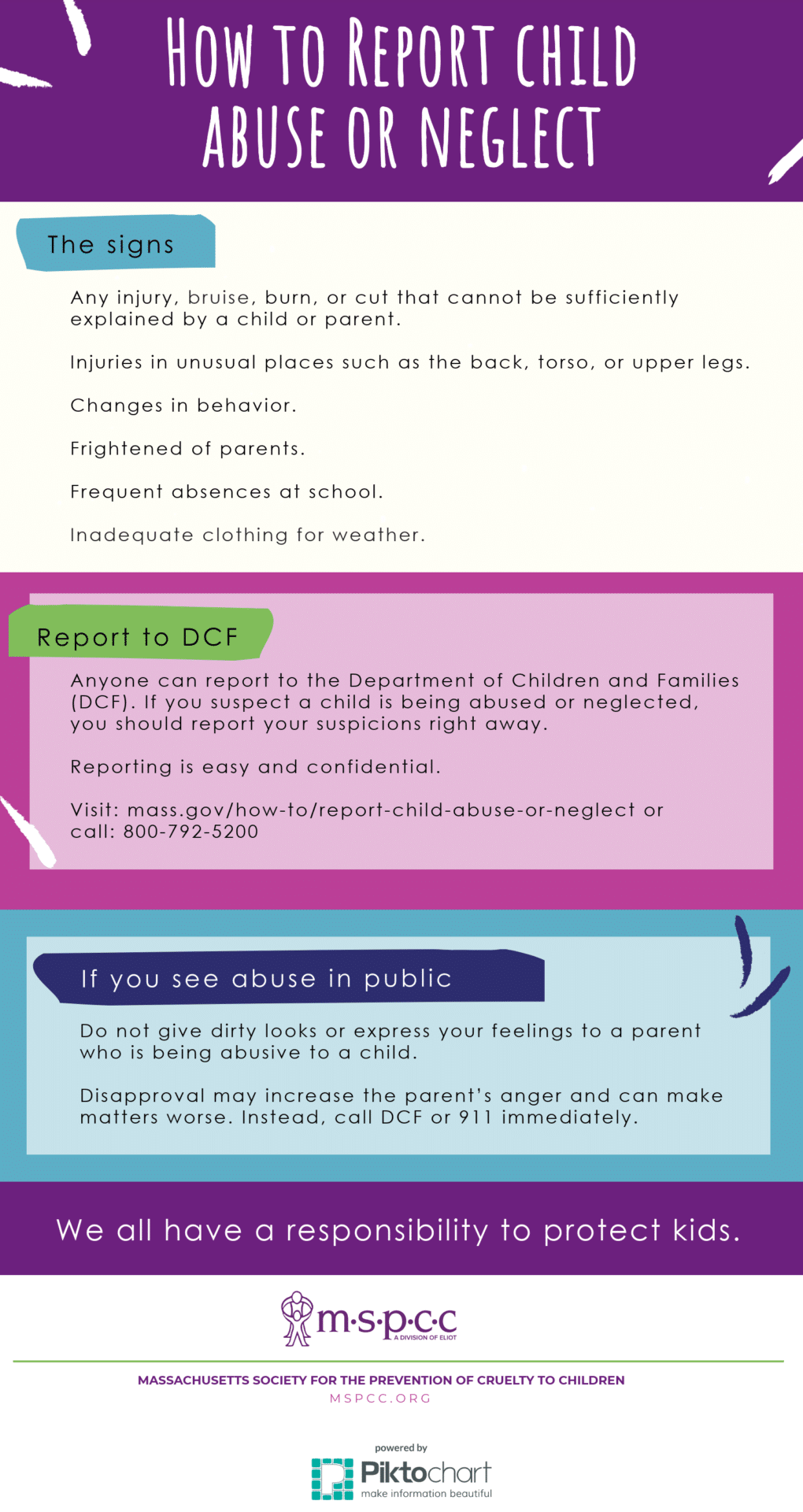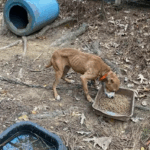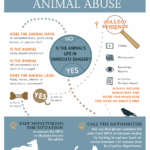Animal neglect is a pervasive issue that continues to plague our society, manifesting in various forms ranging from inadequate shelter and nutrition to lack of medical care and socialization. While many individuals may instinctively think of involving law enforcement when faced with signs of neglect, such an action can lead to unintended consequences. In certain situations, it may be more beneficial to approach the matter delicately and resolve the issue without police intervention. This article explores effective methods for reporting neglect and advocating for the welfare of animals while minimizing the potential for conflict or escalation.
Understanding the phenomena of neglect is crucial. Neglect can often arise from ignorance, financial hardship, or mental health issues. Many pet owners may not grasp the implications of inadequate care. Thus, before taking any action, it is essential to analyze the situation with empathy and discernment. This understanding sets the stage for a more productive dialogue and fosters a cooperative rather than confrontational atmosphere.
When contemplating a report of neglect, the first step is observation. Take careful note of the conditions in which the animal is kept. Are they provided with proper food and water? Is their living environment clean and safe? Look for signs of distress or fear, as these factors can signal deeper issues. Documenting your observations with precise details—such as dates, times, photographs, and the animal’s condition—can serve to strengthen your case if and when further action is needed.
If you believe that direct intervention is necessary, consider reaching out to local animal welfare organizations. Many non-profit groups can provide guidance or resources that are less confrontational than involving the police. These organizations often have trained personnel who are skilled in assessing situations of neglect, providing support to animal guardians, and offering solutions that do not include legal repercussions. Before making the call, familiarize yourself with their mission and policies to ensure your concerns align with their operational framework.
Developing a rapport with the guardians of the animal in question can be a pivotal next step. Inspecting the situation from their perspective fosters understanding and compassion rather than blame. Approach the individual with a gentle demeanor; ask questions about the animal and express concern for their wellbeing. Such conversations can be enlightening and may reveal circumstances that you were previously unaware of. Sometimes, offering assistance—whether in the form of food donations, shared resources on affordable veterinary care, or simply providing emotional support—can facilitate change in an otherwise stagnant situation.
Another avenue to explore is community outreach. Involvement in local animal welfare groups provides an opportunity not only to lend a hand to animals in need but also to learn about community resources available for struggling pet owners. Events such as vaccination clinics or educational workshops can be instrumental in helping individuals acquire the knowledge and means to care appropriately for their pets.
If direct communication proves ineffective or the guardians remain indifferent to the animal’s needs, it may become necessary to escalate the matter. In such cases, reporting to a humane society or animal control agency is advisable. Most organizations are equipped with protocols designed to protect the welfare of animals while respecting the rights of their human companions. When making a report, be sure to provide all documentation, including photographic evidence and a comprehensive account of your observations, to ensure that your concerns are taken seriously and addressed efficiently. It is worth noting that many agencies prioritize education and mitigation over punitive actions, aiming to correct behavior rather than simply punishing offenders.
Furthermore, familiarize yourself with state and local laws surrounding animal welfare. Different jurisdictions have unique regulations regarding what constitutes neglect and the responsibilities of animal guardians. Some regions may have specific guidelines for anonymous reporting, and understanding these nuances can empower you to take appropriate action confidentially.
Consider the psychological ramifications that neglect can have on both the animal and the individual. Many cases stem from pet owners experiencing hardship that may inhibit their ability to provide adequate care. Social stigmas surrounding financial issues can often inhibit people from seeking help. Therefore, highlighting the resources available—such as local charities or community support systems—can serve as a pathway towards meaningful improvement.
The underlying aim should always be to foster a more humane environment for both animals and their guardians. By approaching the issue of neglect through compassionate dialogue, proactive support, and informed reporting, the likelihood of resolving the situation without escalating tensions or causing undue distress increases significantly.
In conclusion, reporting neglect without involving the police can be navigated through a careful and empathetic approach. By taking the time to observe, engage, and provide resources, individuals can effect positive change for animals in need. This methodology not only aids in stopping neglectful behaviors but also seeks to educate and uplift, creating a resilient community of responsible animal guardians.






